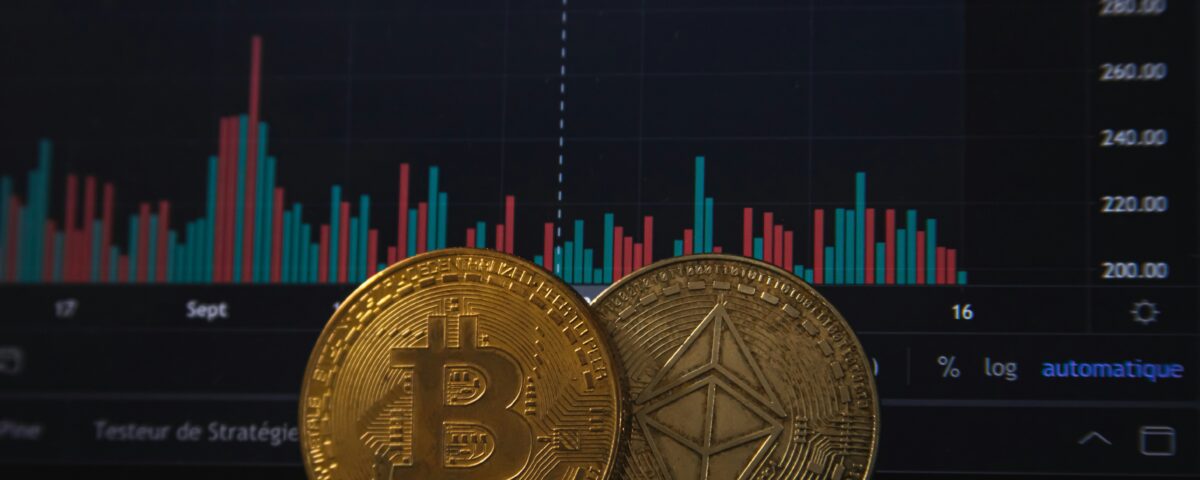Breaking New Ground: Quantum Algorithms in Cryptocurrency Markets

Eco-Friendly Disposal: Choosing the Right Container Rental Service for Sustainable Waste Management
March 20, 2024
Revolutionizing Search: The Role of RAG Systems in Evolving Search Algorithms
May 5, 2024The integration of quantum algorithms into cryptocurrency markets is one of the most exciting developments in modern finance. These algorithms bring a new dimension of speed, security, and efficiency, transforming how transactions and trading are conducted. This article explores the groundbreaking ways quantum algorithms are being applied in the realm of digital currencies.
## Securing Cryptocurrency Networks
One of the primary advantages of quantum algorithms in cryptocurrency markets is enhanced security. Traditional cryptographic security methods, such as RSA and ECC (Elliptic Curve Cryptography), are potentially vulnerable to quantum attacks. Quantum computers can theoretically break these systems through powerful algorithms like Shor’s algorithm, which can factorize large numbers exponentially faster than classical computers.
In response, developers and cryptographers are exploring quantum-resistant ledger technologies that utilize post-quantum cryptography (PQC) to safeguard against such vulnerabilities. Quantum AI trading algorithms can generate and manage cryptographic keys in a way that is impervious to quantum attacks, ensuring the long-term security of blockchain technologies and digital currencies.
## Improving Transaction Speeds
Quantum algorithms significantly improve transaction speeds within cryptocurrency networks. Cryptocurrencies like Bitcoin often face scalability issues due to the time required to validate transactions and mine new blocks. Quantum algorithms can optimize these processes by performing complex computations at unprecedented speeds.
For instance, Grover’s algorithm, a quantum algorithm known for its ability to search unsorted databases quickly, can be adapted to accelerate the mining process. This capability allows for quicker block confirmations, enhancing the throughput of transactions across the network and reducing bottlenecks.
## Market Forecasting and Trading
Quantum computing also offers superior market forecasting capabilities by analyzing vast datasets more efficiently than traditional computers. Quantum algorithms can process and make sense of the enormous volumes of data generated by cryptocurrency markets, including transaction histories, wallet balances, and real-time trading data.
This ability not only helps in predicting market trends more accurately but also allows traders to execute high-frequency trading strategies more effectively. Quantum-enhanced trading bots could potentially identify and exploit market inefficiencies instantaneously, providing quantum-equipped traders with a significant advantage.
## Decentralized Finance (DeFi) Applications
Decentralized Finance, or DeFi, is another area within cryptocurrency markets where quantum algorithms are making an impact. By enabling complex smart contracts to run more efficiently and securely, quantum algorithms can expand the possibilities of what DeFi applications can achieve.
For example, quantum-enhanced smart contracts could facilitate complex lending, borrowing, and derivative trading platforms that operate at a scale and speed not feasible with current technologies. This could lead to more dynamic and responsive financial markets.
## Conclusion
The integration of quantum algorithms into cryptocurrency markets represents a significant technological leap forward. With improvements in security, transaction speed, market forecasting, and DeFi applications, quantum algorithms are setting the stage for a more robust and efficient digital currency ecosystem. As this technology continues to evolve, it will undoubtedly unlock new potentials and redefine the boundaries of what cryptocurrency markets can achieve.

